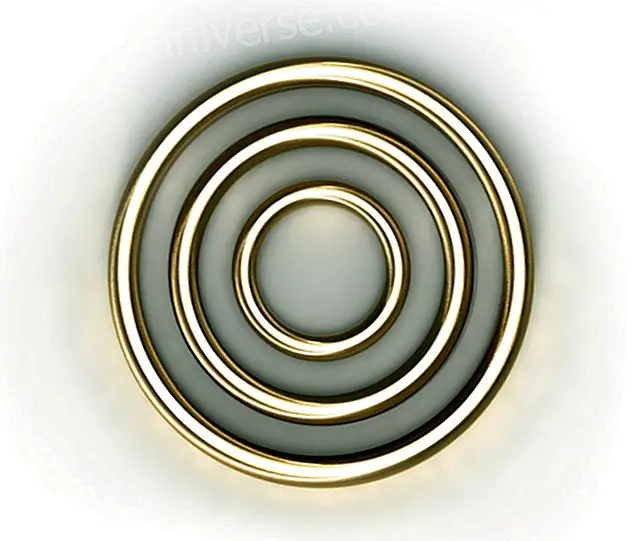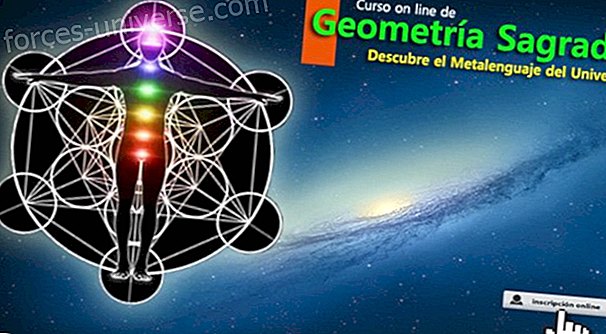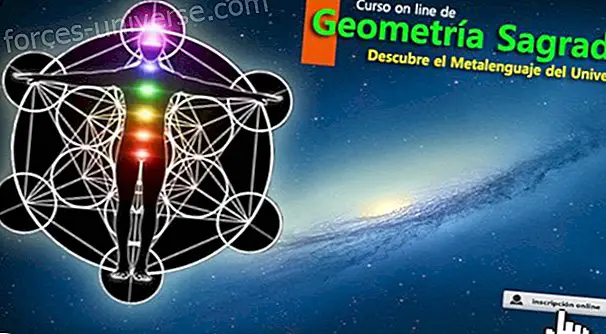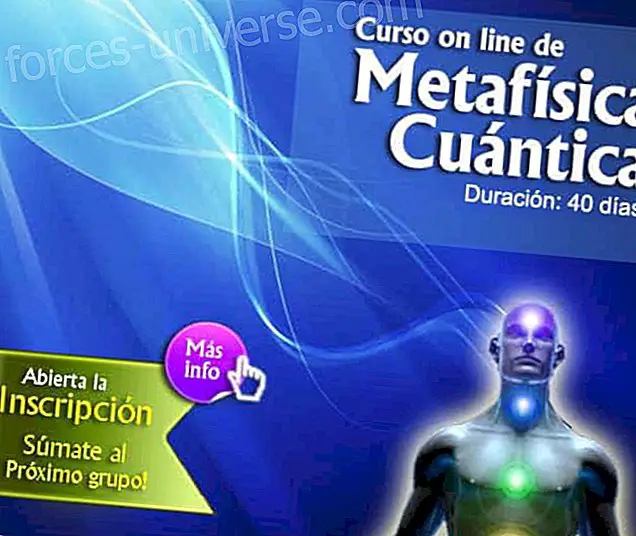
As it has been seen in other articles on the definition of metaphysics, its etymology was already addressed and its basic constructs were limited, defining itself as the study of " that which is beyond physics . " It is now convenient to formulate, from another angle, the question of the title of this paper, namely: what is metaphysics for? ; that is to say: Is it practical knowledge? commonly, philosophy is expressed as preaching to thought, implying wisdom. In this way, the philosopher-metaphysician; by the mere fact of thinking, "he is wise, and if he is wise, he is capable of solving problems." From there, the stereotyped or threshed image of the philosopher as a bearded man, careless in his dress and deep gaze; In short, a man who thinks.
What is Metaphysics for?

In this sense, there may be " Aristotle dressed as Gucci", or philosophers who do not think (the Stoics, whose symbolic person is Pirrón) or thinkers who are not philosophers. With this, it is already understood that this question is a bit more complex than its formulative intention implies. Indeed, the definition of metaphysics - and philosophy -, strictly speaking, is an investigative knowledge, focused on asking and thinking about what is beyond physics ; its definition is methodological, because this is "way to something ", but never something. Its definition is an indefinition, a perennial perfectibility .
Consequently, the definition of metaphysics, constitutes in itself, a constant exercise of knowing how to ask, so it opens the way to deconstruct what is stated as evident, and to rethink the forms of Being and in it; re-formulate the usefulness of socio-cultural categories inherited in the current life of the Self. In this way, it serves to make you think differently than you have been thinking ; or as you have been thought by others, be it your parents, society, or by the intrusion of the idea of a god, the conditioning of the way of conceiving the world or the soul itself.
Also, also, to transform and give light to old paradigms that tie us into neurotic cycles and prevent us from developing more broadly. In this way, metaphysics serves to break with reality through thinking, elucidating our blind spots and integrating our shadows and in this it teaches us to be free. Understanding the above, when responding if metaphysics is practical knowledge, we will proceed with caution.
Classic objects studied by the definition of Metaphysics

The objects of the definition of classical metaphysics are: the world, the soul and God, this constituting the totality of the real ( -cosmos -) or the natural. The natural as a principle is exempt from the intervention of man, in its laws of operation: space-time or fourth dimension is independent of the subject, so much so that said dimension is counterintuitive . The world, the soul and God or the ontoteology come from an investigation of practical reason, which asks about freedom, morality and immortality . The ontoteology is the answer of the investigation of the practical reason.
However, freedom, immorality and immortality and their responses, thus understood in the definition of metaphysics, are not empirical. Hence the difference between practical and empirical. Practical reason is presumed universal ethics or morality, but how can an ethic be without its empirical basis, how can it be an ox moron: universal (relative to individual) ethics?
Indeed, the best of all possible worlds, thus, implies error, evil, ugliness, because it is based largely on human ethics and not on angelic practice., impolute. So, the natural in the definition of metaphysics, as a principle is the practical; the natural as final or the artificial is the empirical. Hence, the metaphysics is designated as a special ontology (determined as physical, psychological and eidetic), remaining as floating on the ontology. general, which is indeterminacy and plurality. Metaphysics is necessarily practical knowledge .
Why is the definition of metaphysics possible as practical knowledge?

The practical reason is regulatory, hence the question of freedom, morality and immortality, eminently natural prescriptive concepts to the definition of metaphysics. It is the High Must Be (as if Good was not Idea but Law). But to this lies another property that corresponds to the regulatory, and is the unit as Παραταχισ (parataxis or union) of nature, designated by the Transcendental Ego.
In this way, the idea of a simple, self-evident self is reflected in outline in the idea of the whole, composed. That is, the idea of the element implies the idea of the whole, this is understood. Therefore, the conscious self enables the world, the soul and God as totalities. However, what does practical reason regulate? To the possible unity of regulation, that is, to the ego and its actions of profane life.
How is ethics and knowledge in general possible?

Now, the property that is "more here" than the regulatory, that is , one, has certain characteristics for the definition of metaphysics, one of which engenders ethics. These include: Intuition, intelligence and will that are characteristic of the transcendental ego that encompass degrees, in which an idea (its eidos) is configured according to a certain degree. These grades are as follows:
- repraesentare (represent or visualize),
- percipere (perceive),
- we will meet (know),
- know (learn),
- intelligere (understand),
- perspicere (Examine) and
- understand (understand).
The first three, for the definition of metaphysics, are modes of intuition . The fourth, fifth and part of the sixth; They belong to the understanding . the other part of the sixth and seventh; They belong to the will .
Likewise, for the definition of metaphysics, these characteristics of the ego function as the modes of learning in Bloom's taxonomy : knowledge and analysis or synthesis are not expected, much less valuation; but such conditions and configures the learned eidos. The objects of intuition - their own eidos - are not the same as the objects of intellection, and so on with the will.
In this sense, the definition of metaphysics encompasses ethics as practical knowledge . It is engendered in intuition, because it is empirical, and the three intuitive degrees serve to base it individually: whoever represents, perceives and compares one thing with another, is a personal self; and even more, the contents of these degrees are empirical in nature, captured by the senses.
In this way, all definition of metaphysics, as practical knowledge; invites the conscience to examine and understand each other through questions, such as: Do I feel comfortable with my actions ?; What is the "High Duty to Be" ?; Do my actions empower me and do not threaten my essence or that of others ?; What Am I doing with my life; Do I do what makes me freer ?; What do I try to avoid with my actions ?; Through what practices do I relate to the world and others ?; What do I expect from others, in the case of God, the world and myself?
On the other hand, we could add to this and question: how is an ethic not focused on will (energy) possible? But it is the subject of another entry.
Author: Kevin Samir Parra Rueda, editor in the big family of hermandadblanca.org
Reflection channeled through metaphysical conversations with my good friend, philosopher, thinker and mathematician: Edson Aldair C ceres.
More information at:
- Arist te them. (Tr. 1982). Ethics to Nic maco . Bogot, Colombia: Momo editions
- Ferrater, J. (1964). Dictionary of Philosophy . (5th ed.). Buenos Aires, Argentina: South American Editorial.
- Kant, Immanuel (1787). Criticism of pure reason . (2nd ed.). Mexico: Taurus. Sixth reprint 2006.






